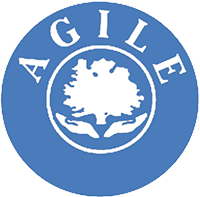Make Movement your Mission: Supporting people to move throughout the Covid 19 pandemic
On the 23rd March 2020 the UK went into lockdown to attempt to slow the spread of Covid-19. That same day LLT went LIVE with Make Movement your Mission. Our Mission? to provide opportunities for our teachers and instructors to help their class and group members remain active throughout Covid 19. In particular, to reach…


